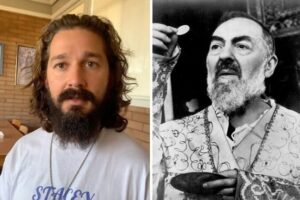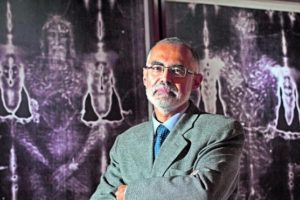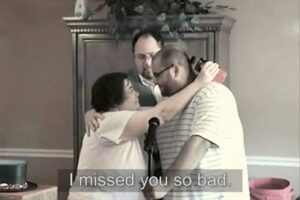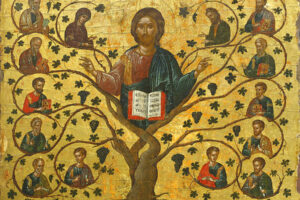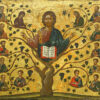The Young Hardworking Poor of Rural Bangladesh
But, in the end, the homeless person wound up back at the same street corner. The point wasn’t that it was hopeless to help the poor in Canada (it’s not) – it’s just that solving poverty in Canada requires a focus on certain areas of the social support system that are quite often neglected (such as treating drug addiction, counseling for abuse, and support on mental health issues).
The poorest of the poor in the developing world don’t have access to clean water, don’t have access to education, and are malnurished. Solving global third world poverty is such low-lying fruit to solve that it is a crying shame it still exists in 2008. Maybe the fact many people think that focusing on problems within’s one’s borders and worrying about domestic issues first is part of the reason global poverty still exists. But – and I’ve said this a dozen times – making the world a better place for others, makes it a better place for us all.This episode focuses around a group of kids (some as young as eight years old) who were forced to make a choice that many young people in this country face: go to school OR put food on the table. These kids would have had to completely abandon their education if it wasn’t for the fact that some locals from the community decided to form a charity and offer part-time informal schooling (for free) for these kids.
The students come to study from 7 am to 9 am and then head off to work full-time. I asked the school teacher if she knows where some of the students work. She took me to a few that work close-by. Shafiqul (the kid welding in the first photo) was one of the students that I got to see work. Johnny (above) owns and runs this tea stand. He reminded me a lot of Mo, the teeanger who started a business of his own trading people’s used bottles in exchange for vegetables. The poor in this country are some of the most creative and industrious people in the world – the students I met in this part-time school were no exception. Despite this ingenuity and creativity, by being forced to choose between surviving or going to school, many people are trapped in a cycle of poverty. I’m reminded of what
Dr. Jeffrey Sachs said – getting kids to go to school is a lot like getting faculty to attend seminars: offer lunch and they will show up. No parent would ask their child to drop-out of school if they knew a daily meal came along with attending school. That’s another thing that I found surprising. None of these children were orphans – all of these students were living with either one or both parents. I can’t help but think that maybe a desire to pull one’s weight and not be a burden on one’s parents was a factor in many of these kids dropping out of school.
My name is Shawn – I’m a 26 year old former graduate student from the University of Notre Dame. After attending the 2006 Notre Dame Forum on Global Health and meeting Dr. Jeffrey Sachs (author of the book «The End of Poverty») – I was inspired to come to Bangladesh for a small, short-term, and self-funded project to see what difference I can make in helping some of the world’s worst off. My goal is to inspire those who read this to ask themselves the question «are we doing enough to make a the world a better place?».
For more information about what I’m doing in Bangladesh, check out at:


